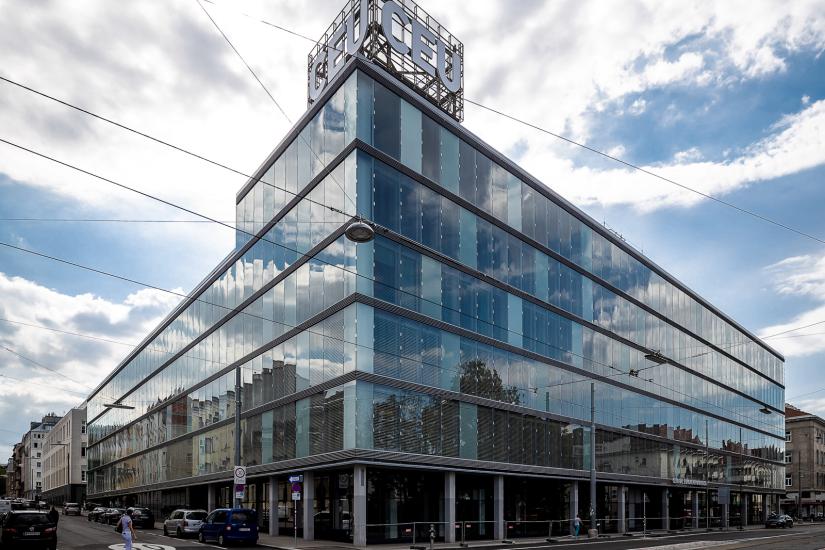
Natural language contains and communicates a variety of social biases, a fact that increasingly impacts human activity. Biases in language are typically assumed to reflect biases and prejudices in how we think about social groups, but here I’ll discuss evidence for an additional psychological cause, in which linguistic biases arise as a consequence of the automatised mechanisms that we use to communicate efficiently. Psycholinguistic and developmental experiences document that, when describing events, speakers show a “like me” bias to highlight the perspectives of their own social groups, a fact that holds across demographic categories, linguistic backgrounds, and age. Psycholinguistic manipulations pinpoint that the bias is not caused by attitudes or social goals, but instead by greater efficiency in retrieving words that refer to in-group members. These data provide a new cognitive explanation for why people produce biased language, and highlight how detailed cognitive theories can also have fundamental social implications.